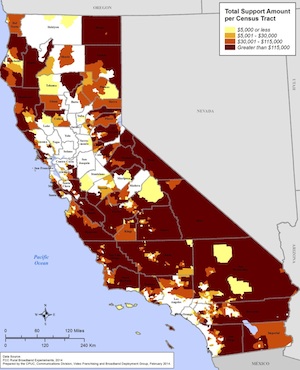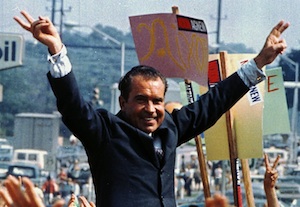Cash offered to big incumbent ISPs to upgrade bandwidth

The fight over who pays for the Internet has moved deeper inside the network. Cogent and Level 3 are two companies that provide much of the backbone transport for major last mile Internet service providers like AT&T, Comcast and Verizon. They’re accusing the big ISPs of, in effect, holding millions of consumers hostage in order to force others – backbone companies and content providers like Netflix, in particular – to pay the cost of upgrading their systems to support the continuing boom in Internet traffic.… More








